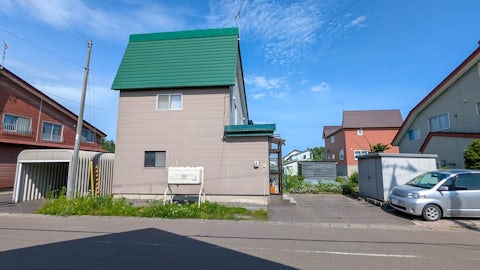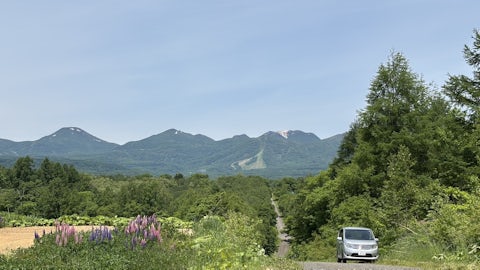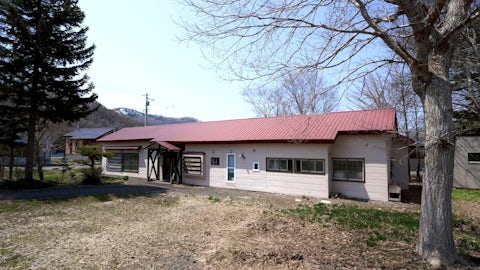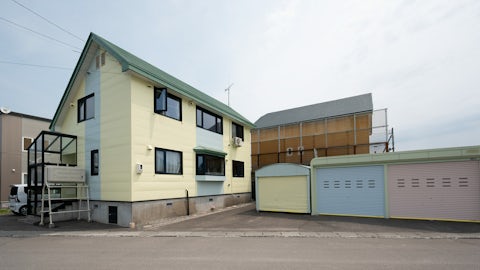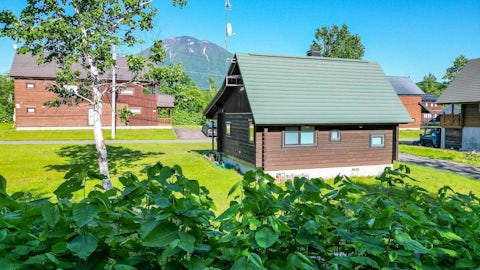
Are these stigmatised properties in Japan actually hidden real estate gems?
With Japan's deeply rooted cultural beliefs and superstitions, many Japanese avoid living in ‘haunted’ properties with the spirit of the dead that may live inside the house. These properties are considered jiko bukken, haunted and undesirable. This perception often leads to selling or renting these properties at a lower price. However, some investors see this as a financial opportunity, especially if they don't need to share these superstitions.
On October 8, 2021, the Ministry of Land, Infrastructure, Transport, and Tourism (MLIT) provided guidelines for real estate agents on managing jiko bukken properties based on actual cases and legal precedents.
What is a Jiko Bukken?
Jiko bukken is a property where a death occurred or one that requires special cleaning. The following are the criteria to be classified as jiko bukken:
Properties with suicide or homicide incidents
Many real estate agents classify properties as jiko bukken with any death incidents. However, it is now classified as jiko bukken if the properties have previous suicide or homicide incidents. Death is considered a natural part of life, and it is not uncommon for deaths (natural or accidental) to occur, particularly for the elderly. For this reason, a distinction has been acknowledged in real estate transactions.
Properties that require special cleaning
When a resident's body is not discovered after death, special cleaning, including disinfection and deodorisation, is essential, even in cases of natural or accidental death during daily life. This property can still be classified as a jiko bukken.
Properties with 'psychological defects'
A psychological defect is an adverse event that affects the purchase of the property. With this, properties with psychological defects have a significant contribution that hinders a potential buyer's decision. For instance, individuals may not like renting or purchasing a property upon discovering that a previous resident had committed suicide.
Although other psychologically defective properties fall under different categories, including shinrataki kashi bukken and kankyo-teki kashi bukken, there have yet to be any specific rules on these properties, and some real estate agents may consider these properties as jiko bukken with the lower demand.
Shinrataki kashi bukken is properties that have an unpleasant past, including cult activities. On the other hand, kankyo-teki kashi bukken refers to properties located in an undesirable environment, such as near graveyards, associated with organised crime, loud noises, and foul odours.
What does it mean for the owner?
Owners must inform potential buyers or tenants about psychological defects and properties that require special cleaning. These defects must be reported up to three years after the incident. After three years, they are no longer necessary to be discovered. Additionally, natural or accidental deaths do not necessarily need to be disclosed.
What does it mean for the real estate agent?
The Building Lots and Buildings Transaction Business Act mandates the disclosure of properties as jiko bukken properties. Real estate agents responsible must also inform their potential tenants or buyers, as documented in the contract signatories. Moreover, they must notify clients if unfortunate events, such as an elevator, occur in common areas. If not disclosed, real estate agents will face damages, including suspension of the business or licence revocation. Therefore, the agent agents coordinate with the owner and investigate the property to disclose the information the owner and the agent can obtain and are aware of.
What does it mean for the buyer or tenant?
There are several ways to determine whether a property is considered jiko bukken. One example would be if the price is too reasonable to be true. When a property in a prime location with below-average prices is relatively new, it could be a jiko bukken. Another example would be if there are no physical defects or traces of the property or if a part of the rooms is renovated. Lastly, some properties may change their names after the incident occurred. Although these examples might only sometimes be the case, it is essential to do your research and consult with the owner and real estate agents.
You can also quickly research jiko bukken properties online with the Japanese website Oshima Teru. Although it is user-generated, its accuracy cannot be guaranteed. While using the website, consulting with the owner and real estate agent is highly recommended.
Here at Uchi, we provide a one-stop shop for your property listings in Japan. We ensure you'll get your ideal home in Japan in partnership with our trusted real estate agents and world-renowned developments. Start your search today!
